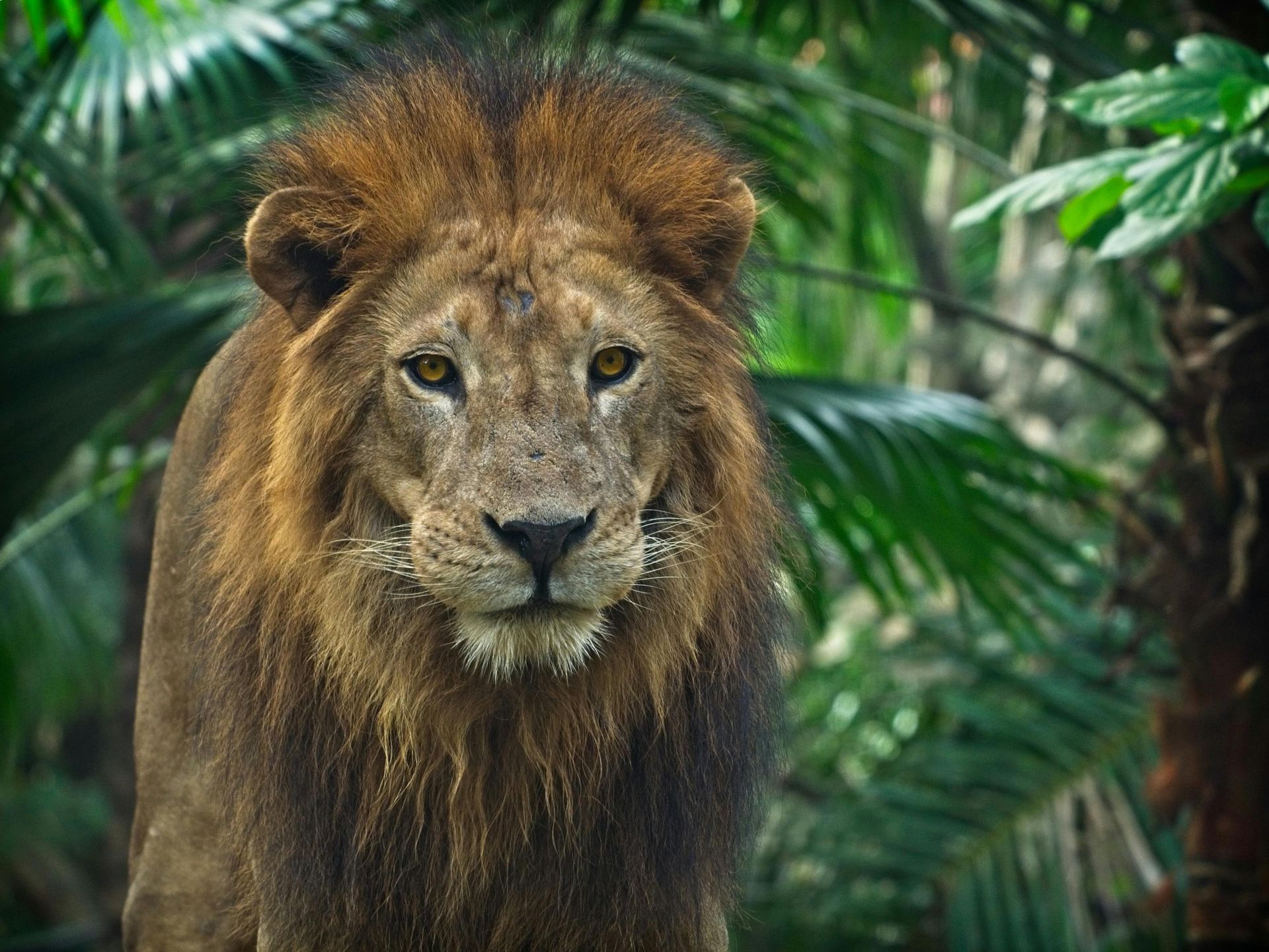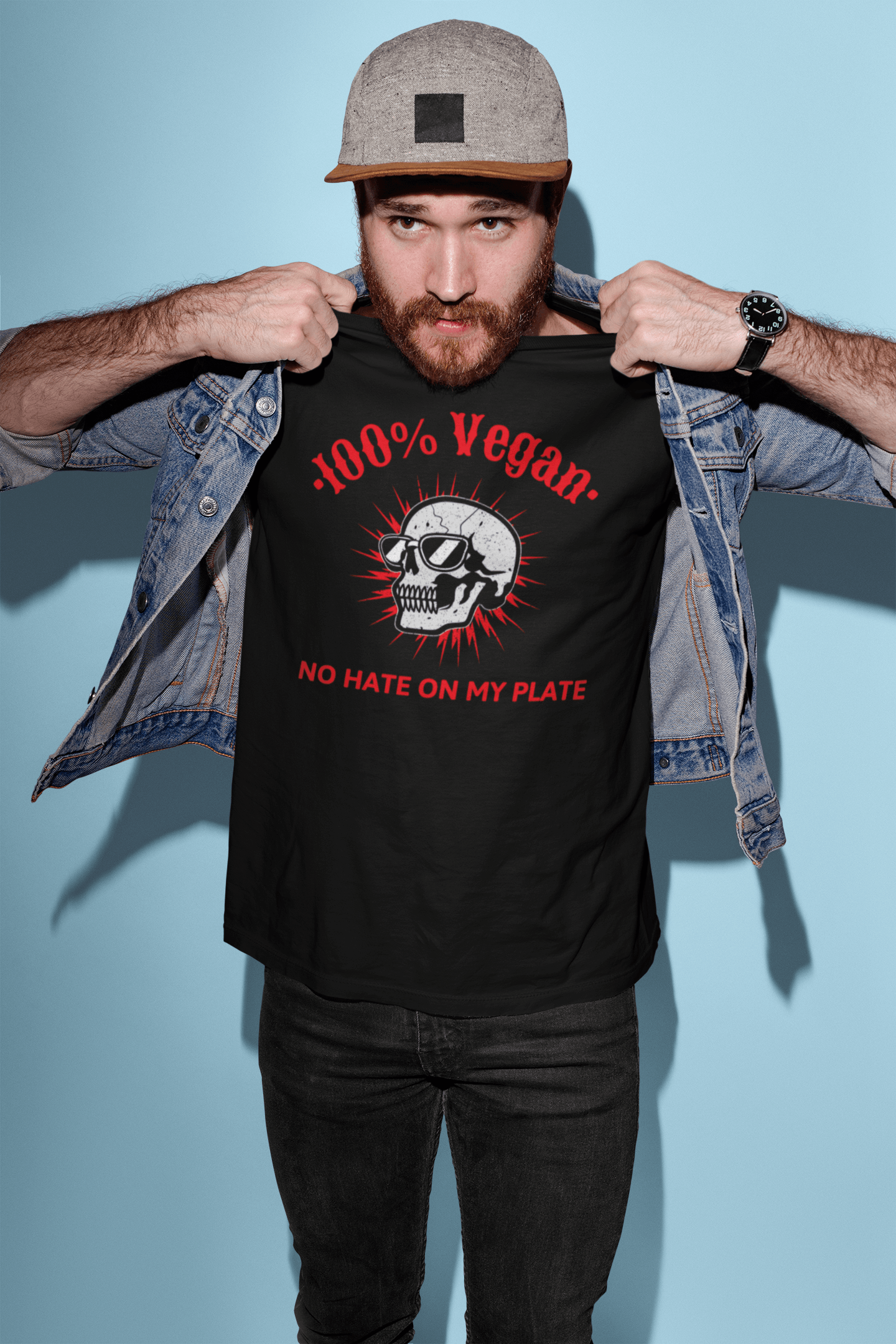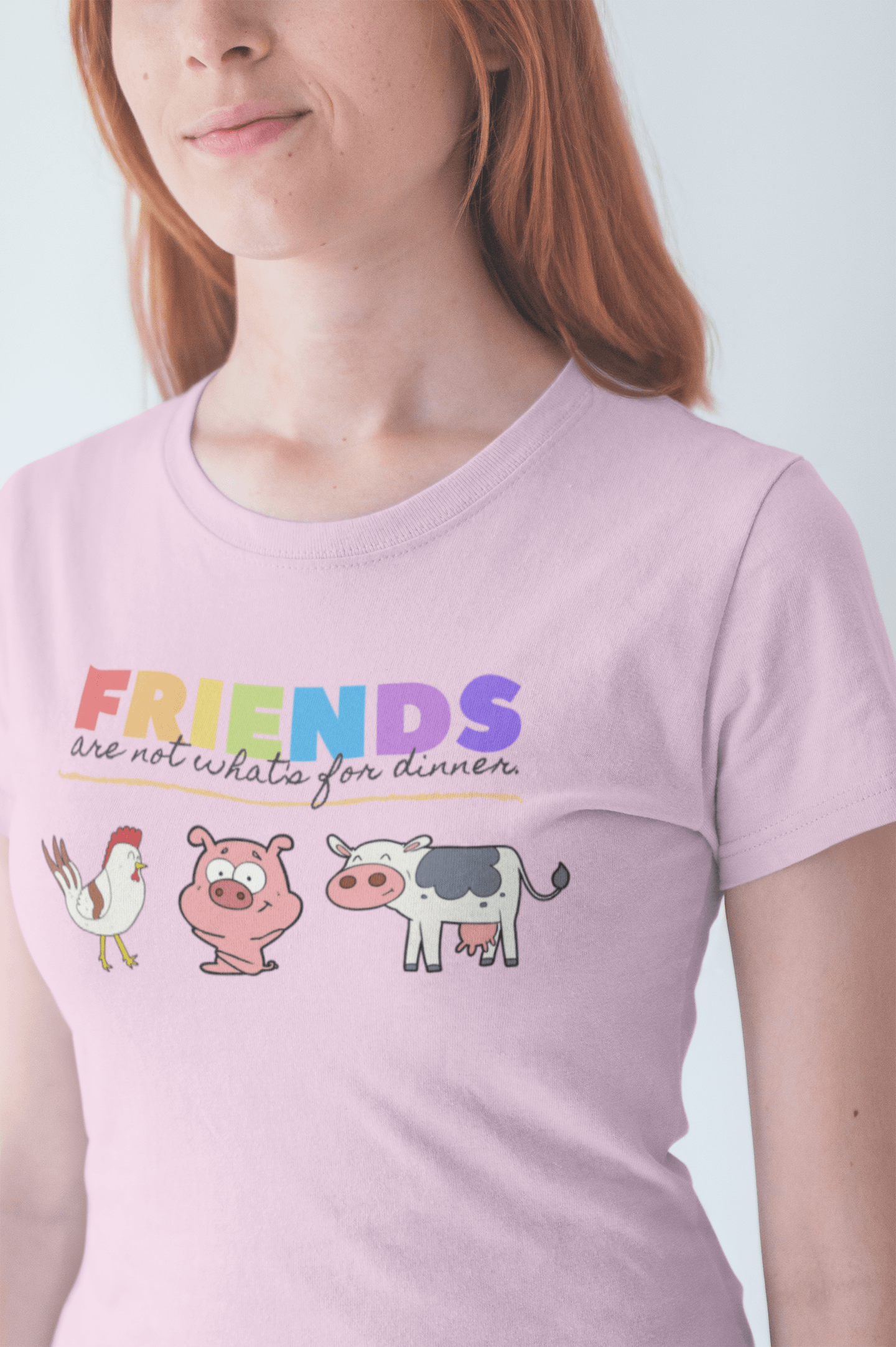Addressing the "Lions Eat Meat" Argument: Compassionate Responses to a Common Fallacy
Exploring Why Humans Aren't Lions and How Ethical Choices Transcend Natural Instincts.

One of the most frequently heard objections to veganism is the claim that it’s natural for humans to eat animals because “lions eat meat, and we’re animals just like they are.” While this argument may seem logical at first glance, it rests on several misconceptions about both human nature and morality. Let’s explore these fallacies and consider a compassionate, open-hearted response.
Humans Are Not Lions
The comparison between humans and lions overlooks the profound differences between our species. Lions are obligate carnivores, meaning they must eat meat to survive. Their physiology, including sharp teeth, claws, and digestive systems, is specifically designed for hunting and consuming prey. Humans, on the other hand, are omnivores with the ability to thrive on plant-based diets. Our flat molars and long intestinal tracts are well-suited for breaking down fruits, vegetables, grains, and legumes.
Pointing to a lion’s diet to justify human behavior ignores the choices and capabilities we possess as a species. Unlike lions, we don’t need to eat meat to survive or be healthy. In fact, numerous studies show that well-planned vegan diets can provide all the nutrients we need while reducing the risk of chronic diseases.
Nature Doesn’t Dictate Morality
Another fallacy embedded in this argument is the idea that what’s “natural” is inherently good or right. Nature is full of behaviors that humans would consider unacceptable, such as infanticide, territorial aggression, or even cannibalism. Lions and other predators engage in these behaviors because they are driven by survival instincts, not moral reasoning.
Humans, however, possess the capacity for ethical reflection. We can evaluate our actions based on their consequences for others and the planet. Choosing a vegan lifestyle is a way to align our actions with values of compassion, sustainability, and nonviolence. Just because something occurs in nature doesn’t mean it aligns with the moral standards we hold ourselves to as a society.
Humans Are Unique in Their Choices
Unlike lions, humans have access to an abundance of food choices. Modern agriculture and culinary innovation have made it easier than ever to enjoy diverse, delicious plant-based meals. When we have the option to nourish ourselves without causing harm to animals, why wouldn’t we choose the kinder path?
It’s also worth noting that humans have long used their intelligence and creativity to overcome natural instincts. For example, humans naturally experience anger, but we develop social norms and laws to prevent violence. Similarly, even if eating animals were “natural,” we have the ability to choose a more ethical and sustainable path.
A Compassionate Response
When someone raises the “lions eat meat” argument, a kind response might be:
“It’s true that lions eat other animals, but they do so out of necessity. Humans, on the other hand, have the privilege of choice. We can meet all our nutritional needs with plant-based foods and live in a way that’s more aligned with values of kindness and care. For me, veganism is about choosing compassion when I have the option to do so.”
By acknowledging their perspective and gently steering the conversation toward shared values, you can encourage thoughtful dialogue without confrontation.
Final Thoughts
The “lions eat meat” argument may seem compelling, but it fails to account for the unique capabilities and responsibilities humans possess. By choosing veganism, we’re not denying our place in nature—we’re embracing our ability to act with compassion and foresight. In doing so, we create a world that’s kinder to animals, better for the planet, and healthier for ourselves.
Vegan Gently Blog
















